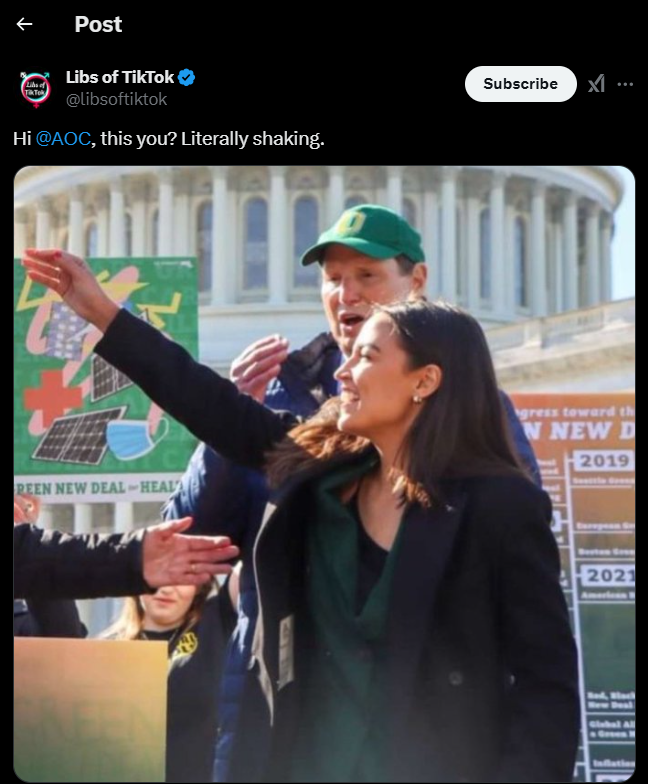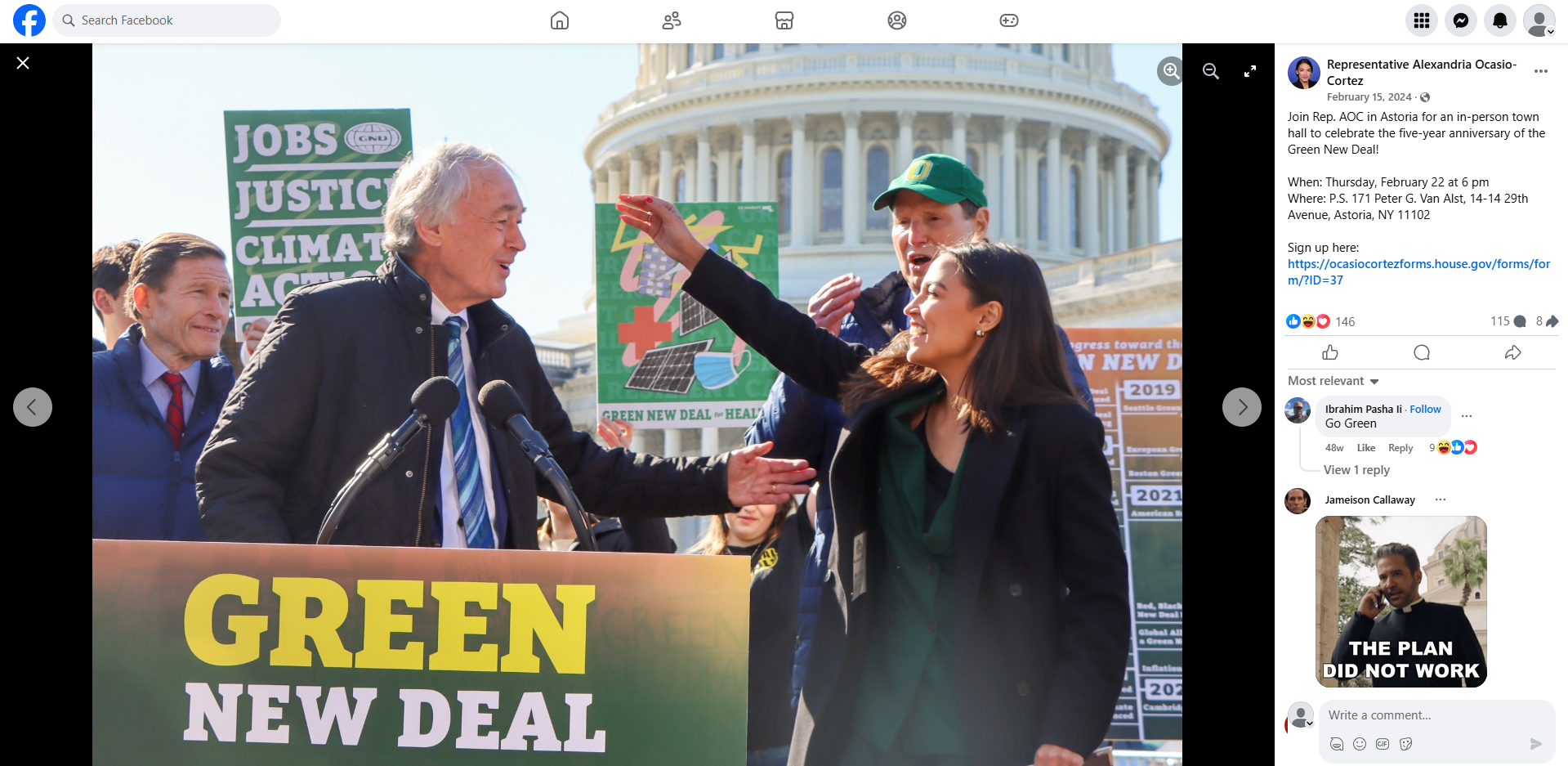Elon Musk Nazi Salute Controversy: Fact Vs. Fiction On Social Media
Is a single gesture, captured and shared across the digital landscape, capable of igniting a firestorm of controversy and reshaping public perception? The recent events surrounding Elon Musk and his alleged "Nazi salute" during President Donald Trump's inauguration celebrations on January 20, 2025, offer a stark example of how images, context, and interpretation can collide to create a complex narrative.
The incident, which took place at the Capitol One Arena, quickly became a flashpoint, sparking heated debate across social media platforms and traditional news outlets. The controversy centered on a gesture made by Musk, a prominent supporter of Trump and a figure known for his outspokenness and often unconventional public appearances. The gesture, described by some as a "Nazi salute," immediately drew comparisons to the infamous "Sieg Heil" salute used by the Nazi party during the Second World War, leading to swift condemnation and demands for an explanation.
This single gesture, amplified by the power of social media and the echo chambers of online communities, quickly transformed into a significant news story, dominating headlines and generating extensive commentary. The event raised critical questions about the power of visual communication, the spread of misinformation, and the speed at which narratives can be constructed and disseminated in the digital age. The incident served as a reminder of the importance of critical thinking, media literacy, and the need to carefully evaluate the information we encounter online.
The re-emergence of photos of Barack Obama, Elizabeth Warren, Hillary Clinton, Kamala Harris and other prominent Democrats, who never performed a Nazi salute, was a direct response to the controversy surrounding Musk's gesture. Those photos were used to highlight the difference between a seemingly innocuous gesture and the deliberate act of giving a Nazi salute, as well as show the hypocrisy of the critics.
The Anti-Defamation League (ADL), a prominent organization dedicated to combating antisemitism, quickly weighed in on the controversy. The ADL acknowledged the concerns of many internet users and took to X (formerly Twitter) in Musks defense, writing, it seems that [Musk] made an awkward gesture in a moment of enthusiasm, not a Nazi salute, and argued people on both sides of the aisle. The ADL's statement sparked further debate, with some critics accusing the organization of downplaying the severity of the situation and others praising its efforts to provide a balanced assessment.
Musk himself vehemently rejected the accusations, dismissing them as a "dirty trick". Responding to a user on his social media platform X (formerly Twitter) on Monday night, Musk said frankly that he did not perform a Nazi salute and considered the claims baseless. He has consistently defended his actions, portraying the criticism as an example of unwarranted attacks and misinterpretations.
The controversy surrounding Musk's gesture during Trump's inauguration highlights the challenges of navigating the complexities of online discourse. The speed at which information can spread, the potential for misinterpretation, and the role of social media in amplifying narratives all contribute to the volatility of public opinion. The episode raises critical questions about the responsibility of public figures, the need for media literacy, and the importance of critical thinking in an age of rapid digital communication.
In the wake of the incident, questions were raised about the intentions behind the gesture, the impact it could have on public perception, and the broader implications for the relationship between politics, technology, and public opinion. The episode became a case study in the power of images, the dangers of misinterpretation, and the influence of social media in shaping the narrative.
The response from political figures was equally divided. Alexandria Ocasio-Cortez (AOC) did not attend Trump's inauguration, saying that she does not celebrate rapists, she stated, "Just to be clear, the New York Congresswoman said, you are defending a Heil Hitler salute that was performed and repeated for emphasis and clarity."
The impact of this controversy also raised questions about the broader implications for the relationship between politics, technology, and public opinion. The episode became a case study in the power of images, the dangers of misinterpretation, and the influence of social media in shaping the narrative. The incident serves as a reminder that in the digital age, it is more important than ever to be critical of the information we consume and to be aware of the potential for misrepresentation and manipulation.
| Elon Musk - Biography |
|---|
Full Name: Elon Reeve Musk Born: June 28, 1971 (age 52) Pretoria, South Africa Nationality: South African, Canadian, American Education: Queen's University (dropped out), University of Pennsylvania (B.A. in Physics, B.A. in Economics) Occupation: Business magnate, investor, engineer, inventor Known For: Founder, CEO, and CTO of SpaceX; CEO and product architect of Tesla, Inc.; Founder of The Boring Company; Co-founder of Neuralink and OpenAI Net Worth (as of October 2024): Approximately $230 billion USD Spouse(s): Justine Wilson (m. 2000; div. 2008), Talulah Riley (m. 2010; div. 2012, m. 2013; div. 2016) Children: 10 (including one who died in infancy) |
Career Highlights:
|
Professional Affiliations:
|
Controversies:
|
Reference: Tesla Official Website |
The controversy surrounding Musk's gesture served as a stark illustration of the power of perception in the digital age. The incident underscored the importance of responsible communication, the potential for misinterpretation, and the need for critical thinking in a world where information can be shared and consumed at an unprecedented rate.
The event prompted discussions about the nature of symbolism, the responsibility of public figures, and the role of social media in shaping public opinion. It highlighted the complex interplay between visual communication, political discourse, and the spread of information in the digital age. The episode serves as a reminder of the need to approach online content with a critical eye, to consider the context in which it is presented, and to be wary of narratives that may be driven by bias or misinformation.
The question of whether the gesture was intended as a Nazi salute remains a point of contention. Musk and his allies have dismissed the accusations, while critics argue that the gesture was deliberately provocative and insensitive. Regardless of the intent, the incident has undoubtedly sparked a broader conversation about free speech, historical memory, and the responsibility of individuals in the public eye.
The aftermath of the controversy is still unfolding. The incident served as a reminder of the need to approach online content with a critical eye, to consider the context in which it is presented, and to be wary of narratives that may be driven by bias or misinformation. The event raised questions about the power of images, the dangers of misinterpretation, and the influence of social media in shaping the narrative.
The debate surrounding Musk's gesture is likely to continue, serving as a case study in the complexities of online communication and the challenges of navigating the digital landscape. As such it will encourage critical thinking and media literacy.



Detail Author:
- Name : Nelda Rogahn
- Email : xdouglas@bayer.com
- Birthdate : 2007-01-29
- Address : 5328 Terry Parks Floridaland, NV 49557
- Phone : (539) 761-2548
- Company : Gutmann, Beahan and Schultz
- Job : Pile-Driver Operator
- Bio : Et voluptatem sequi laborum aperiam ut debitis. Earum voluptatum qui molestiae. Vel quam id voluptates perspiciatis. At et eaque fugit eveniet sunt deleniti quas.